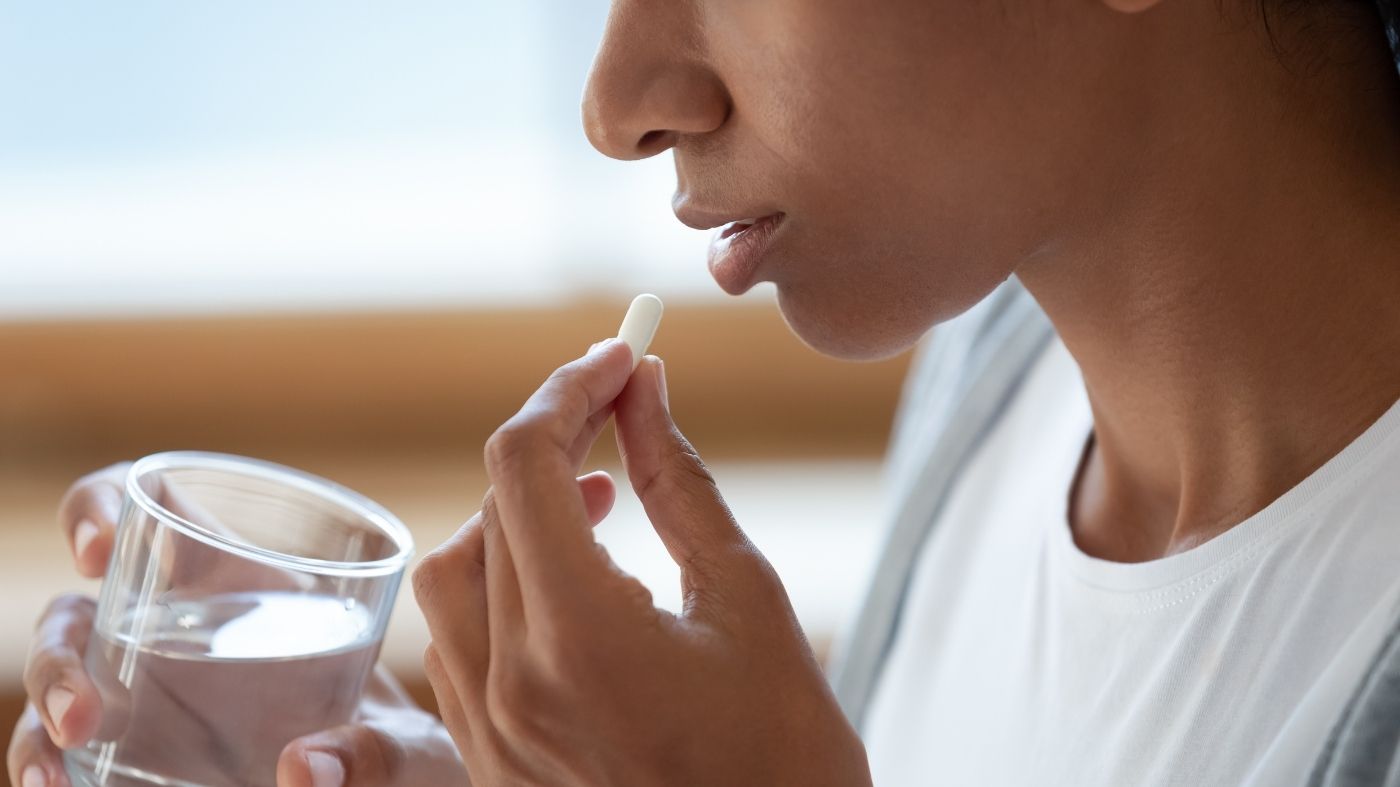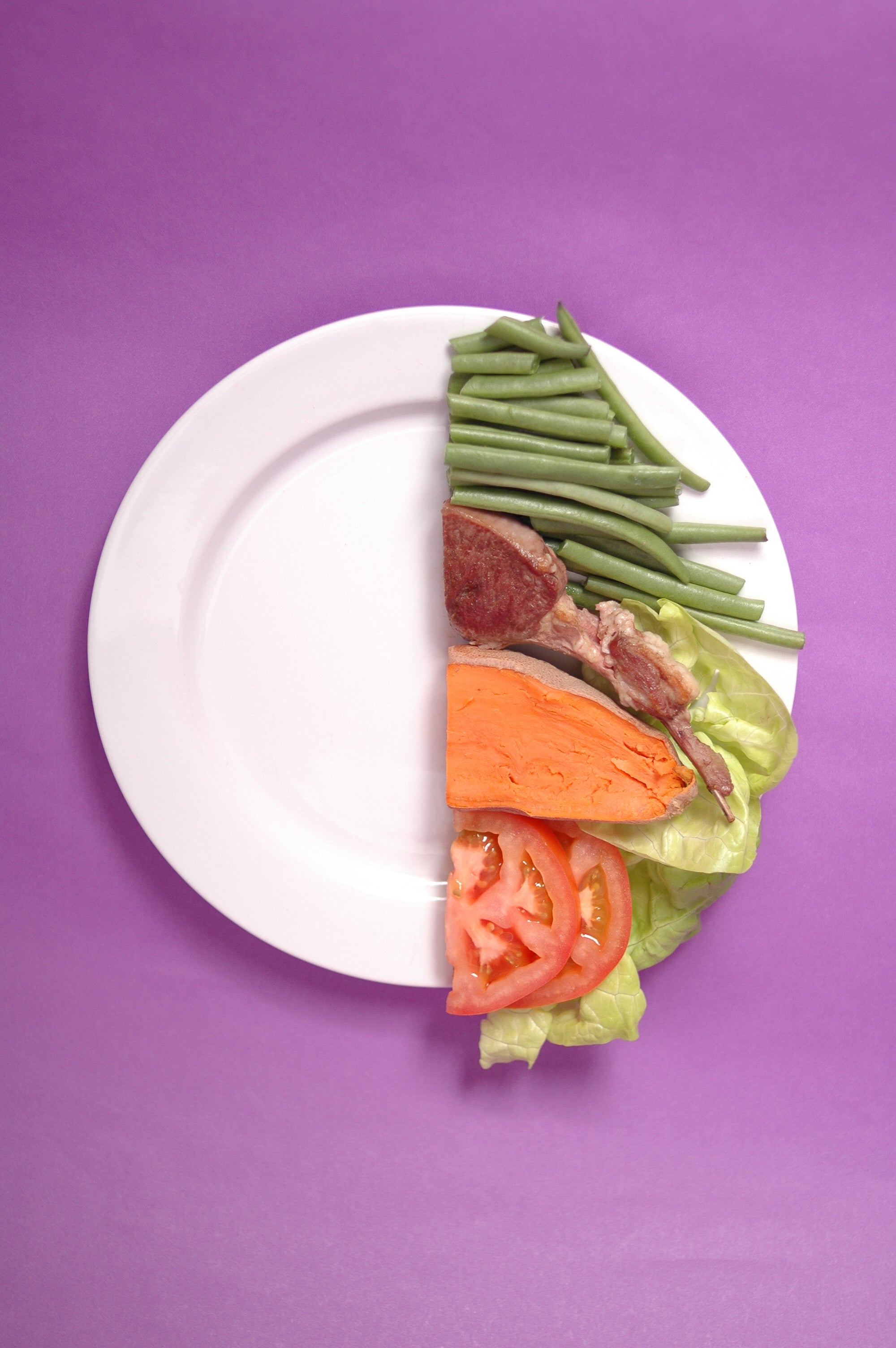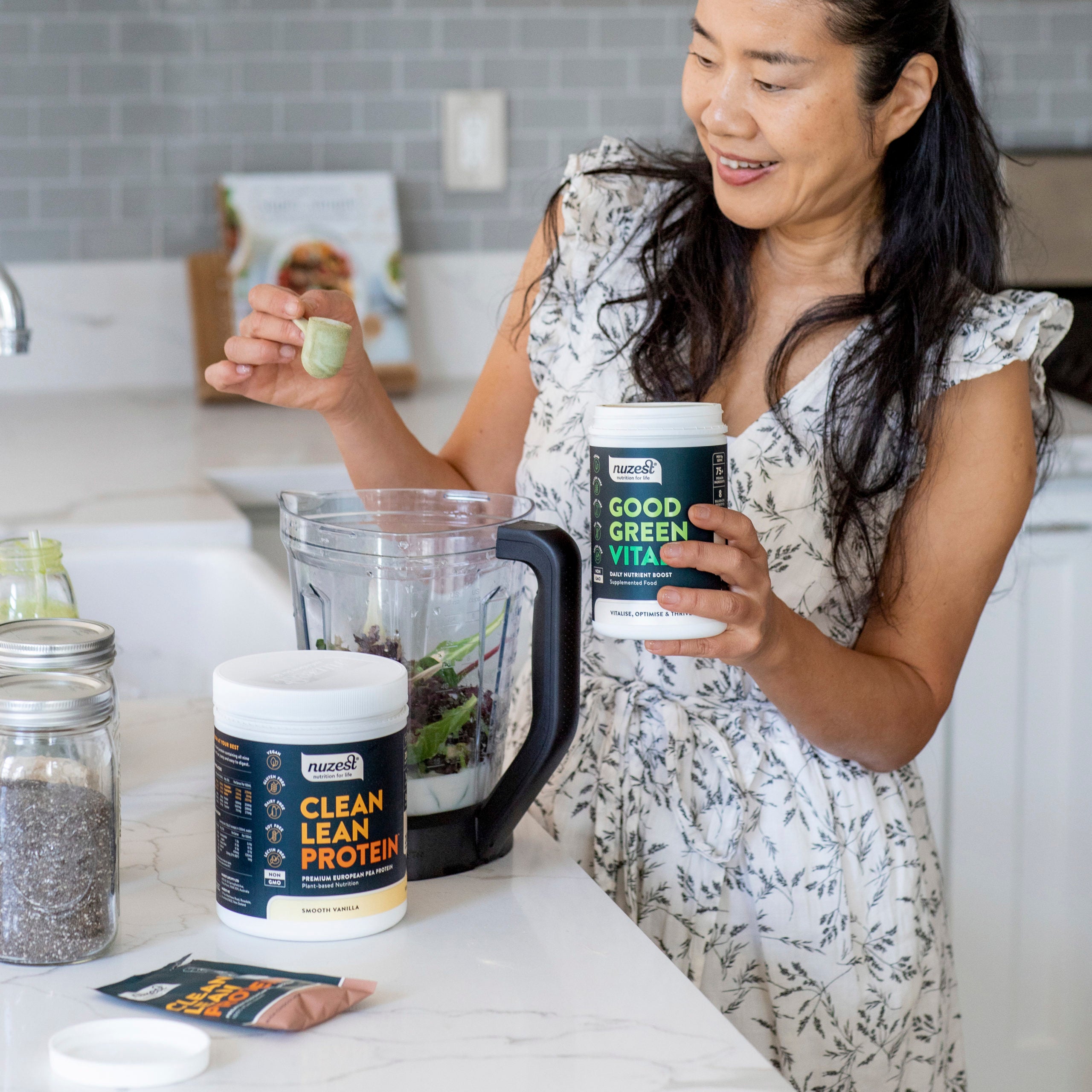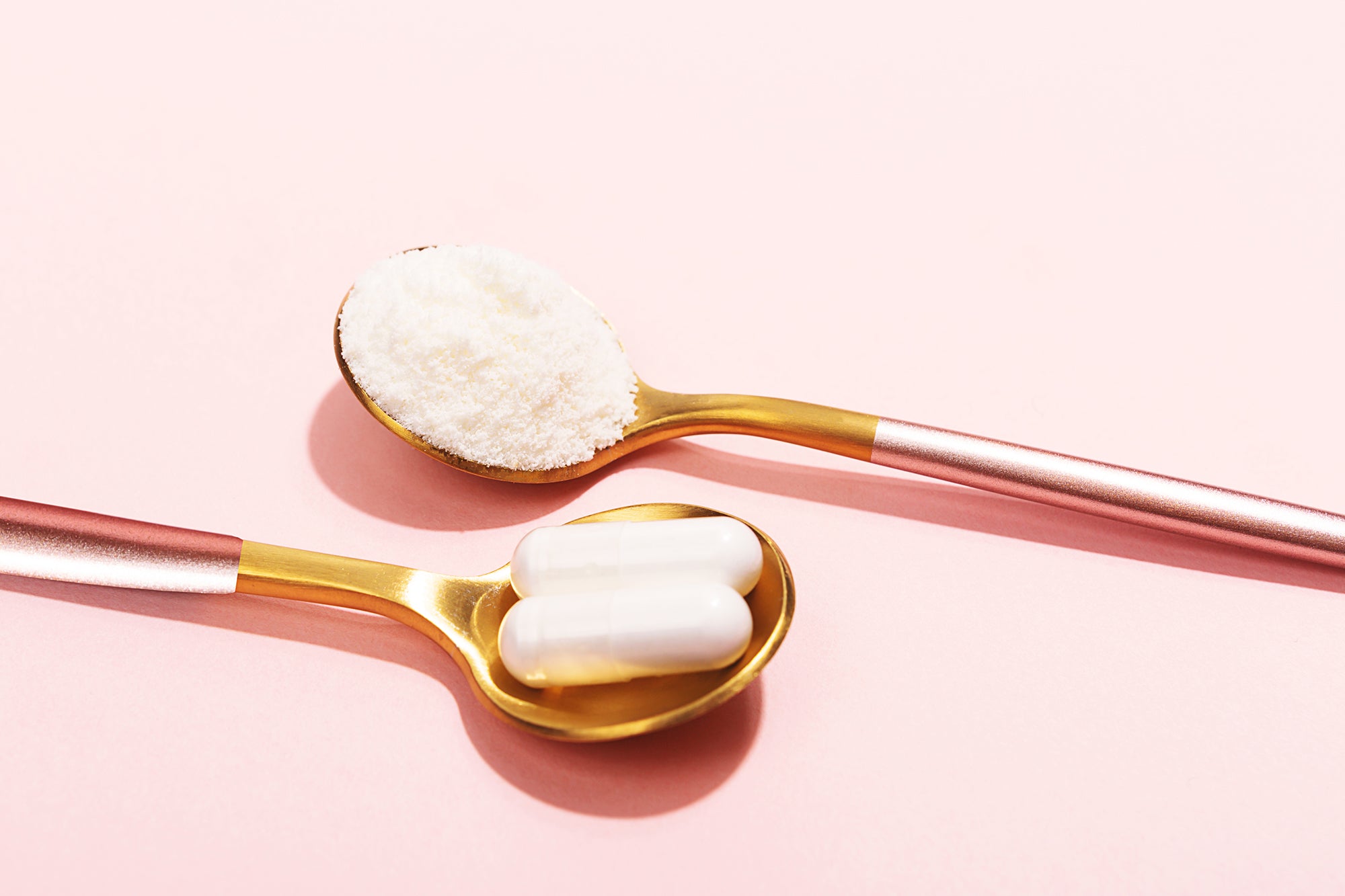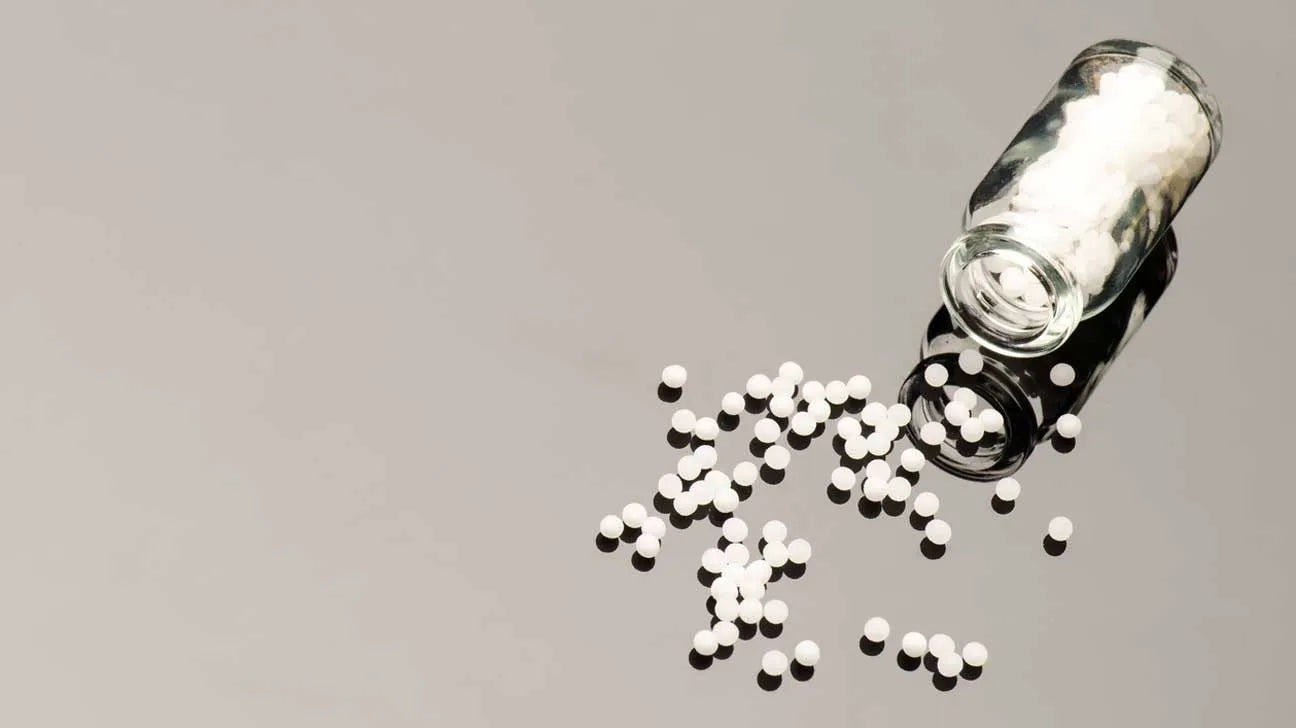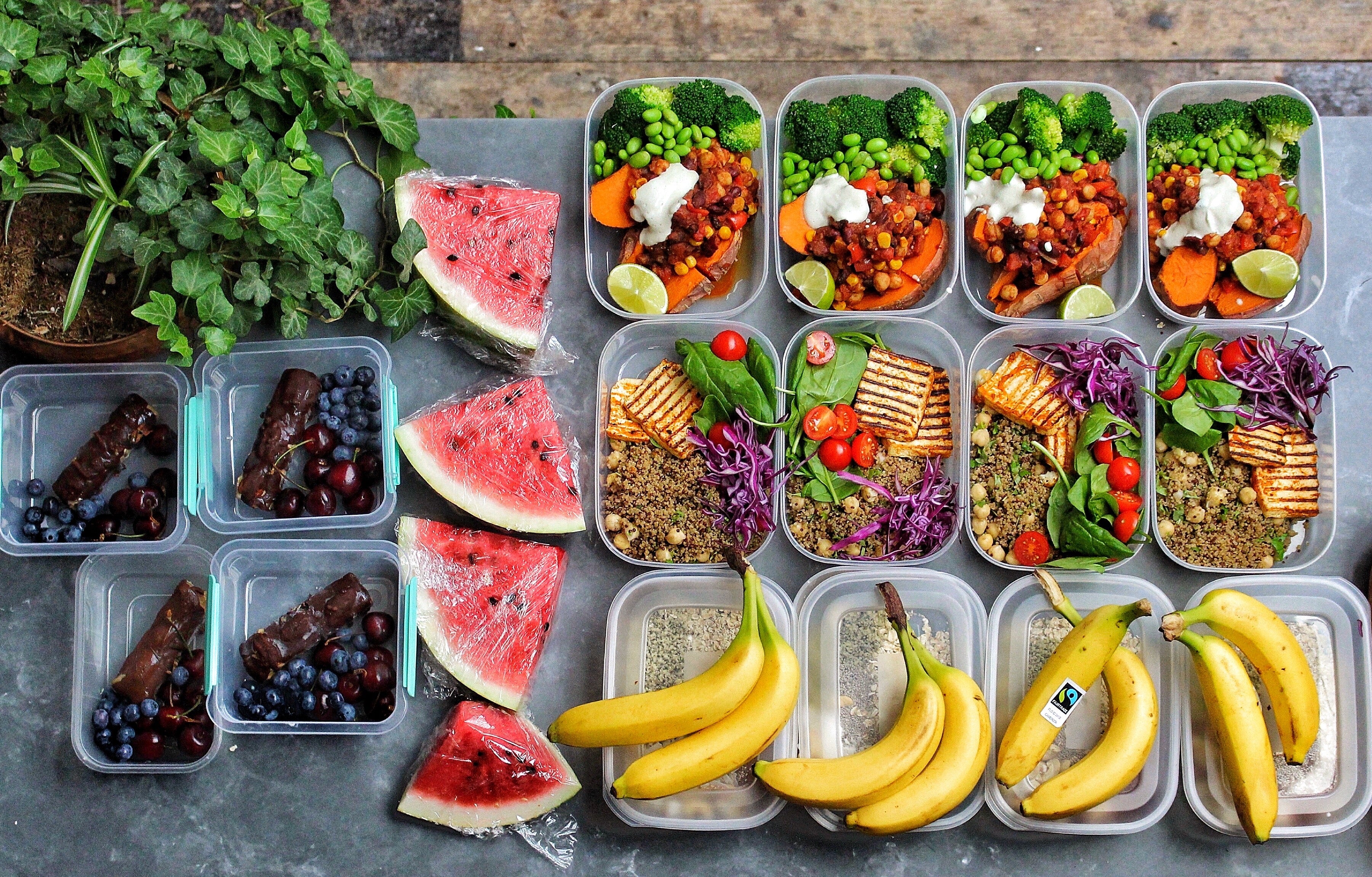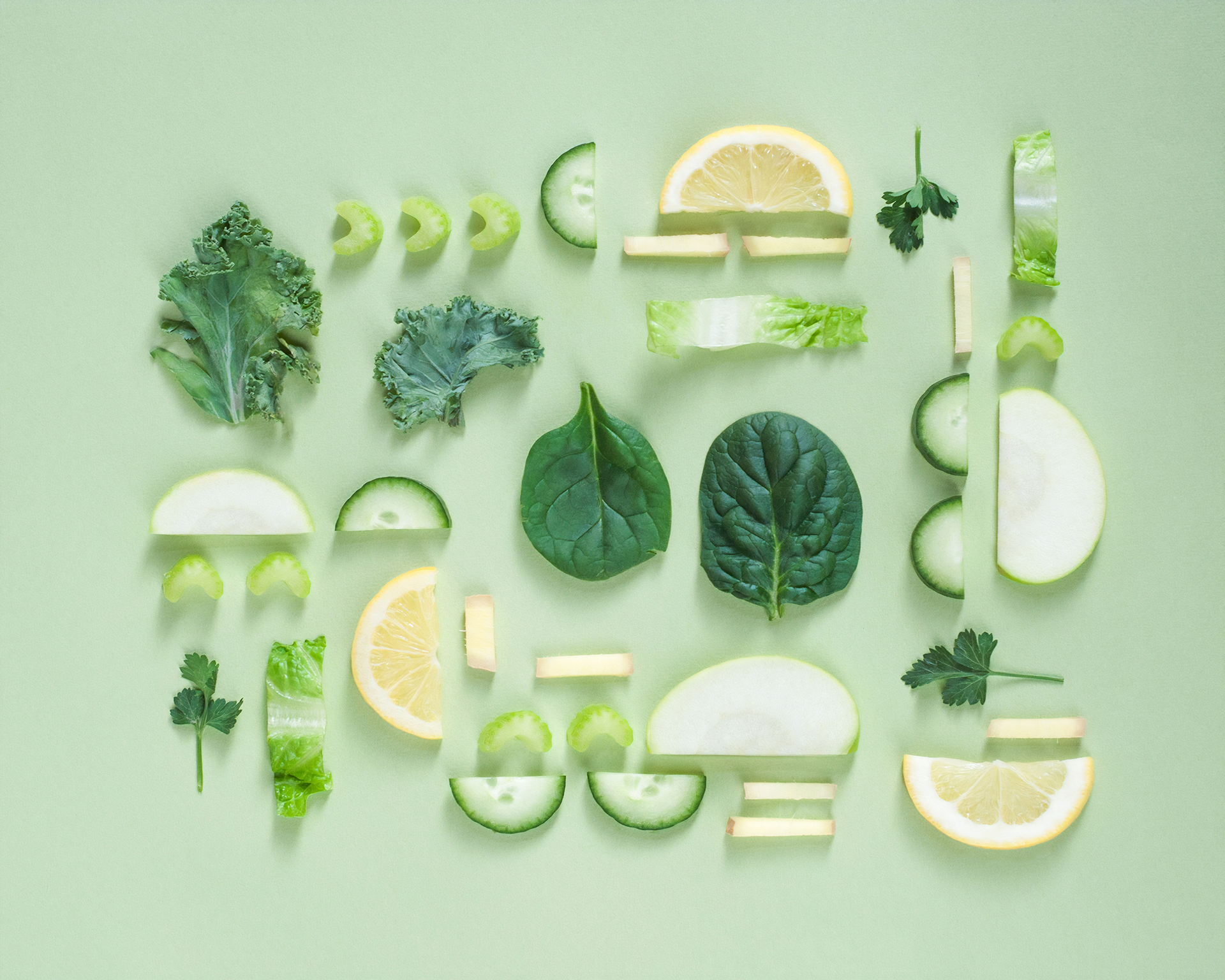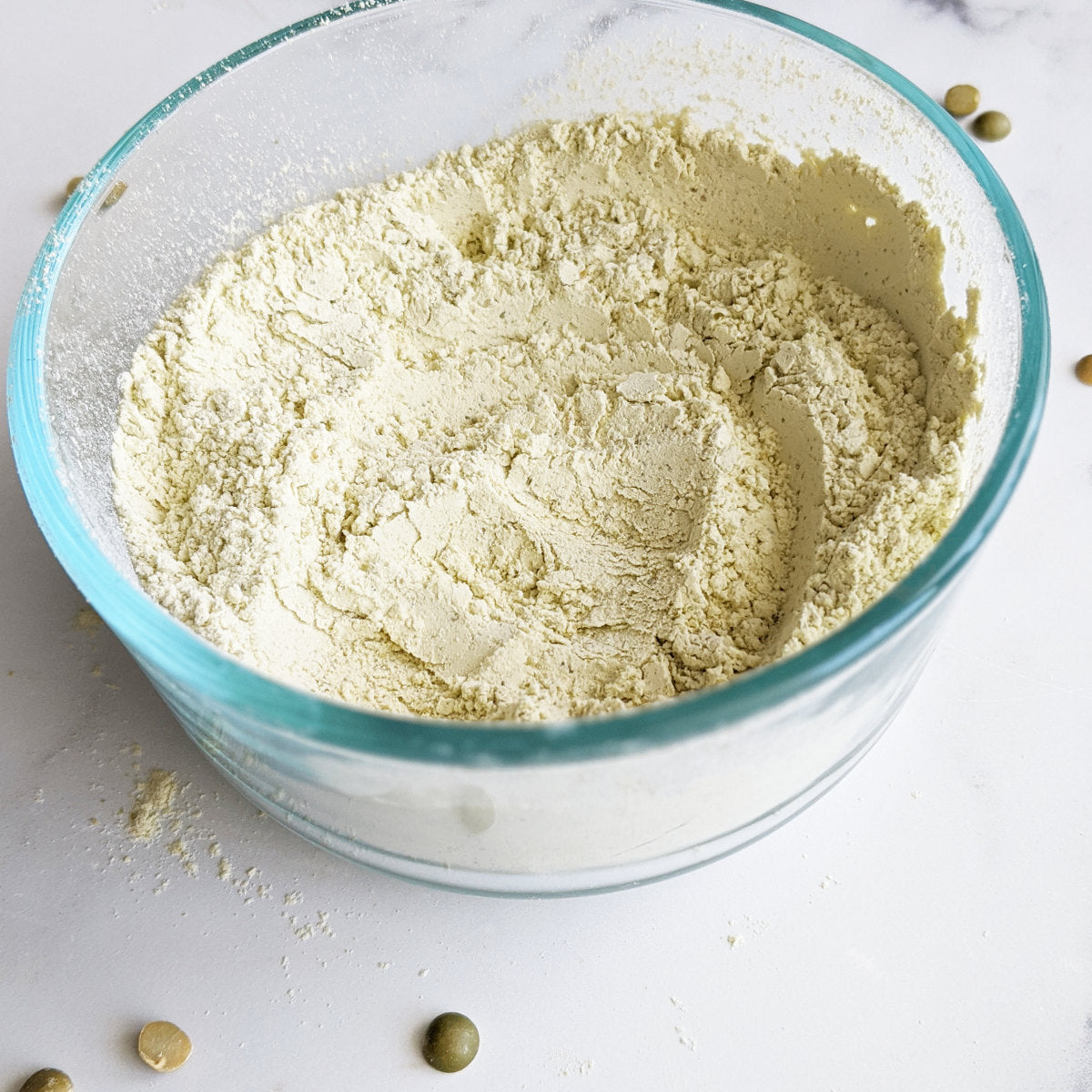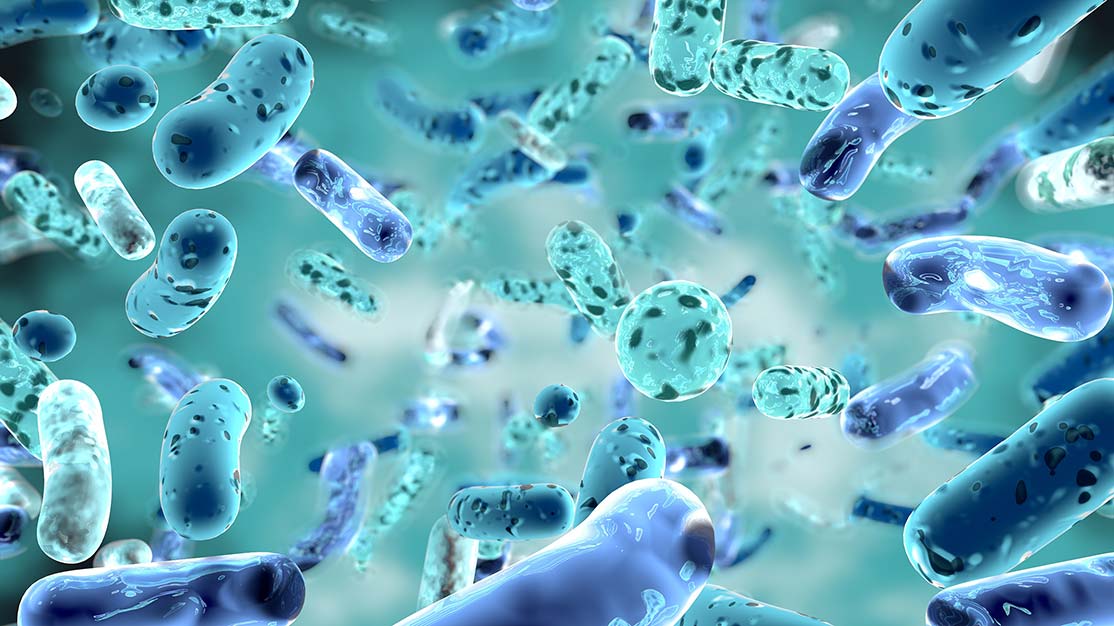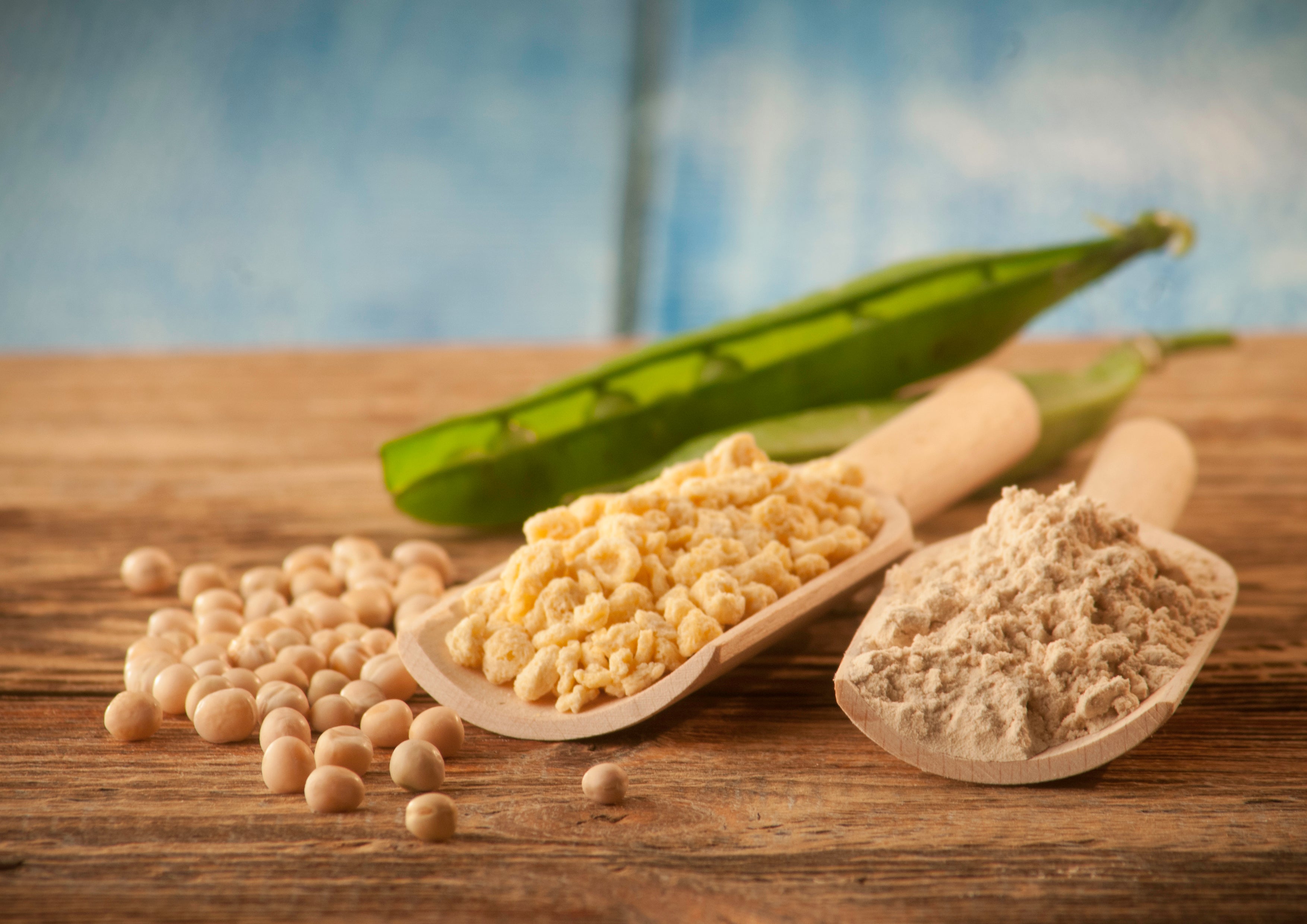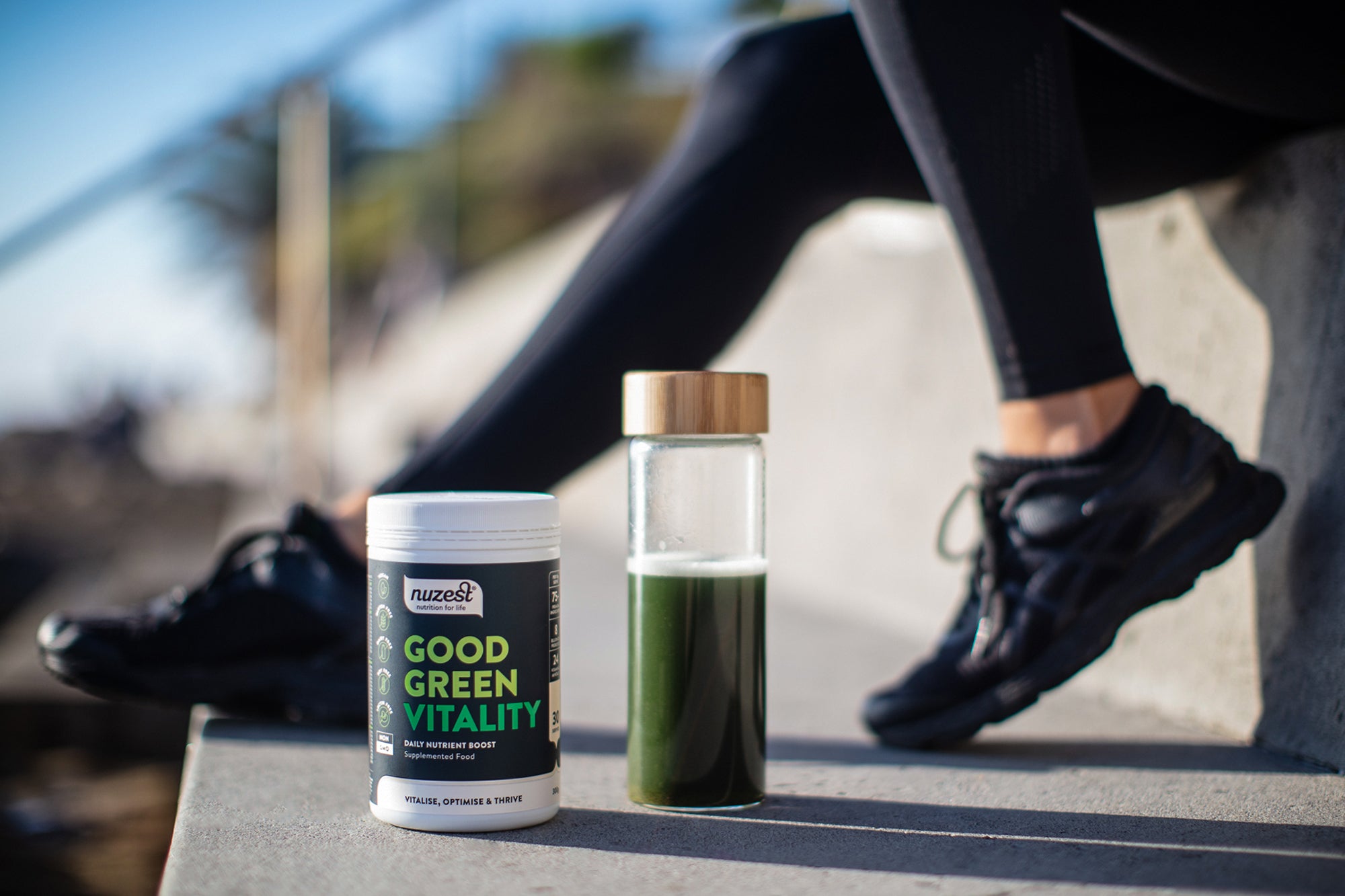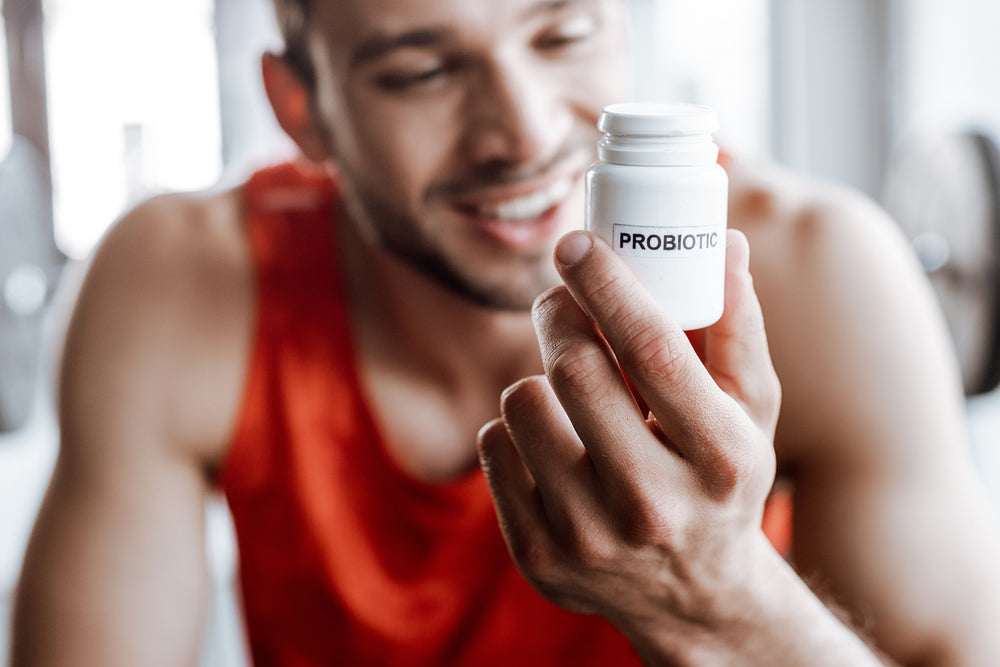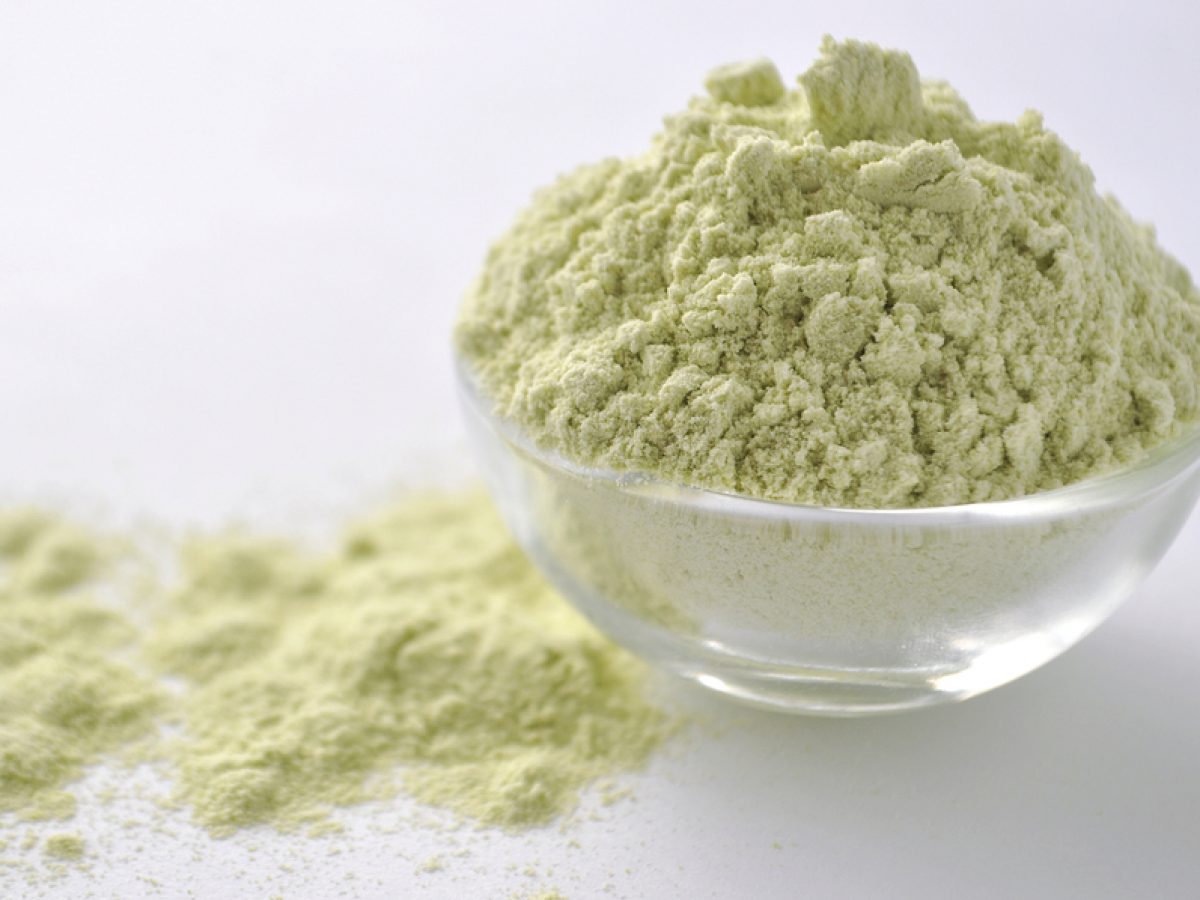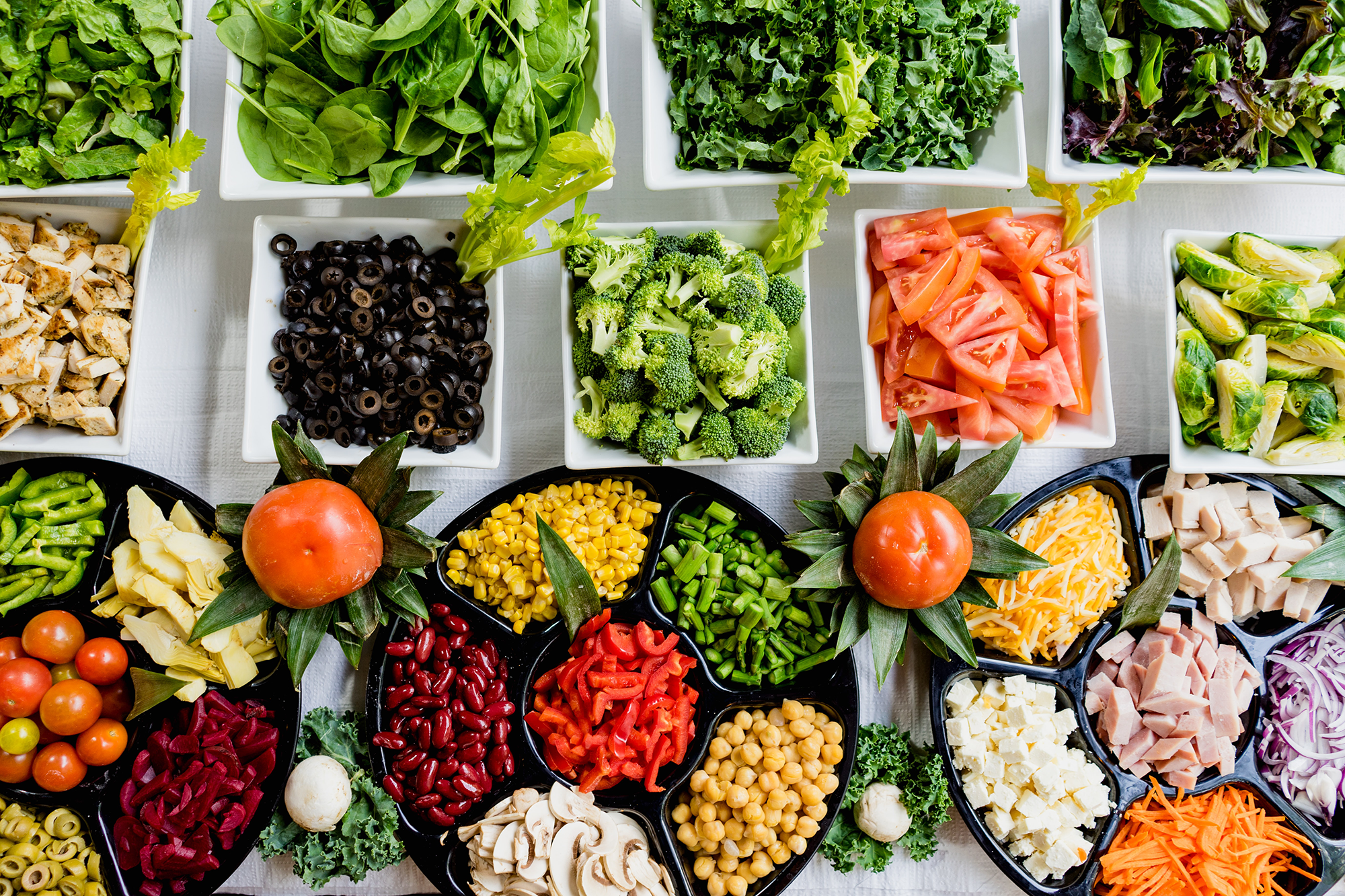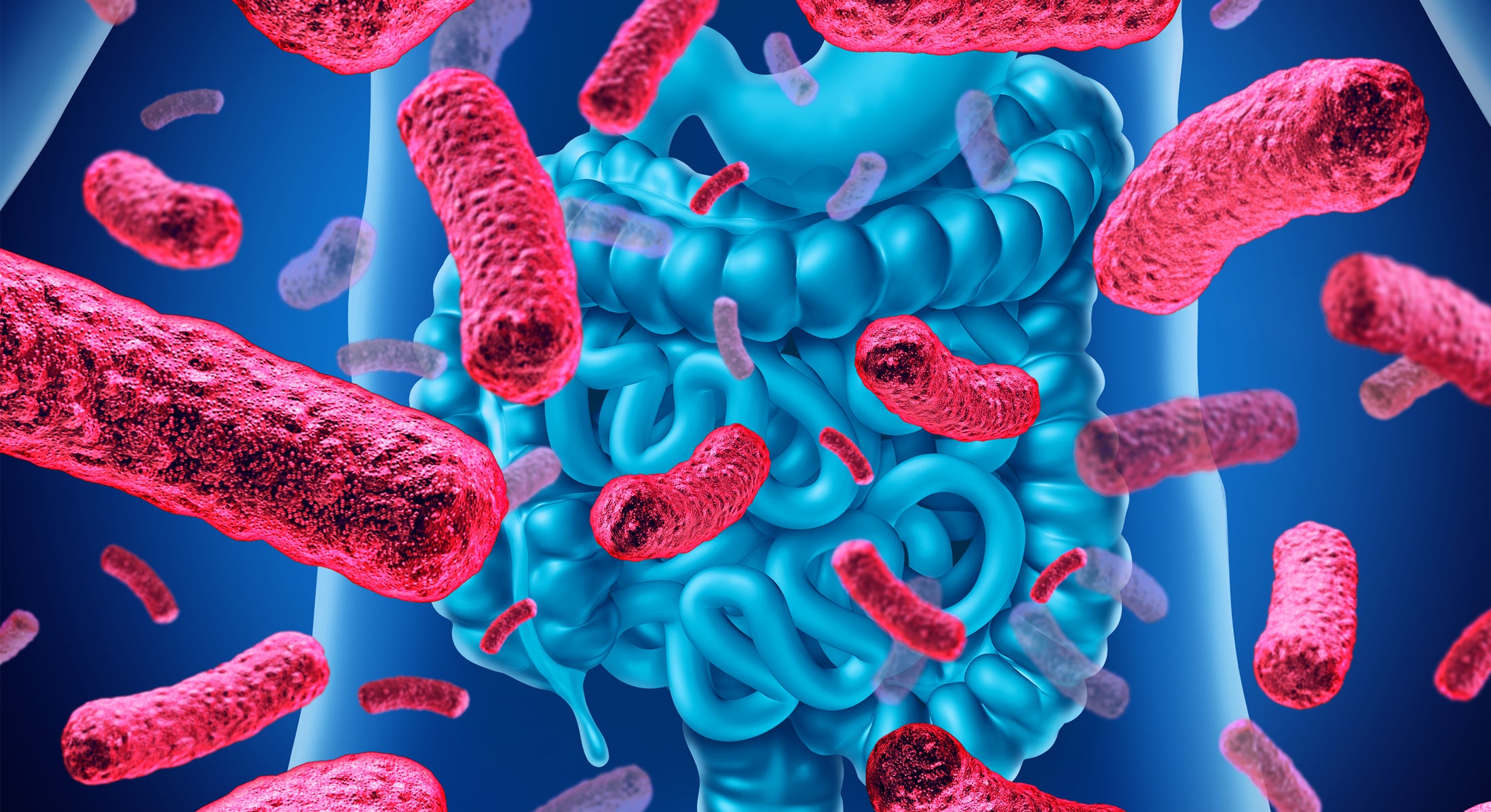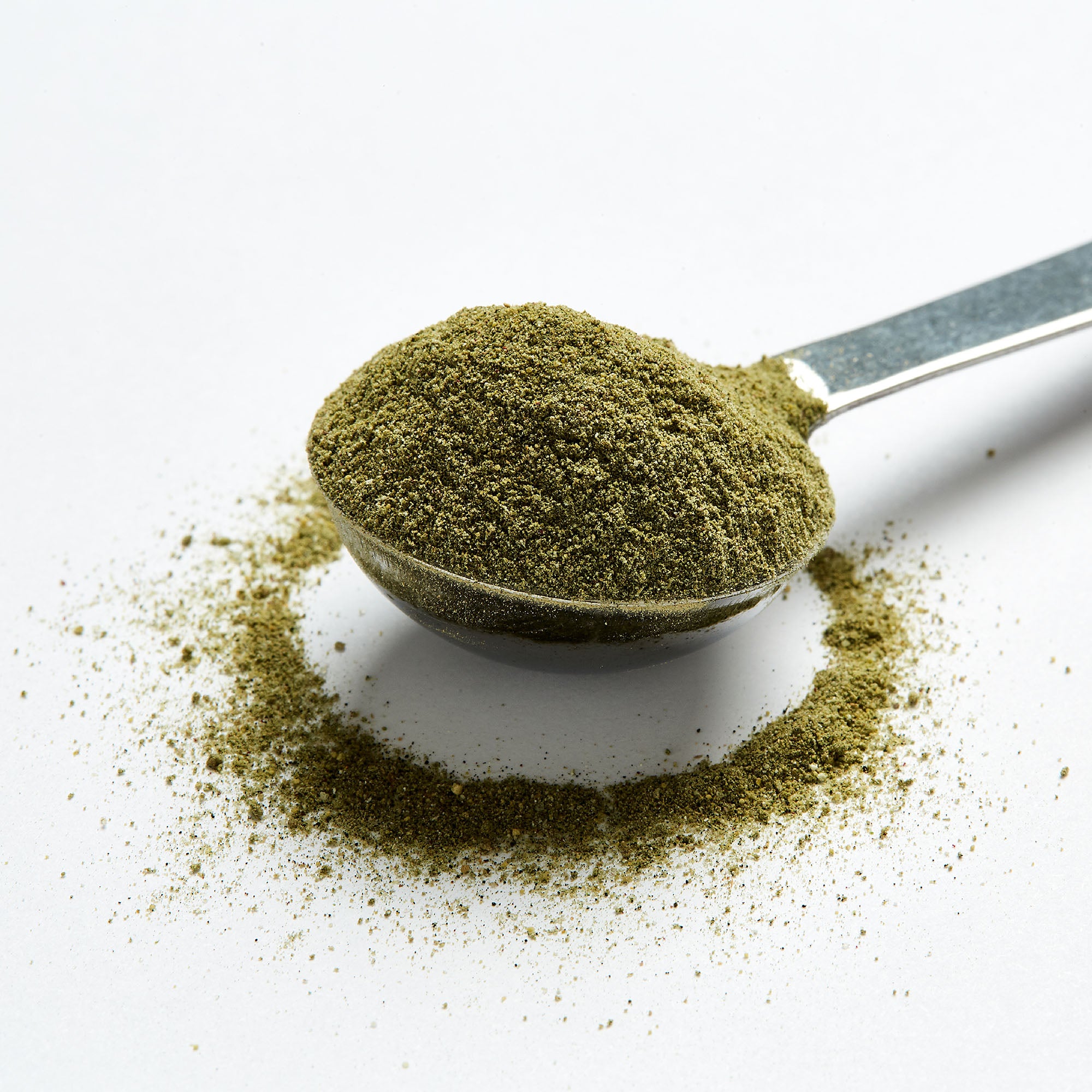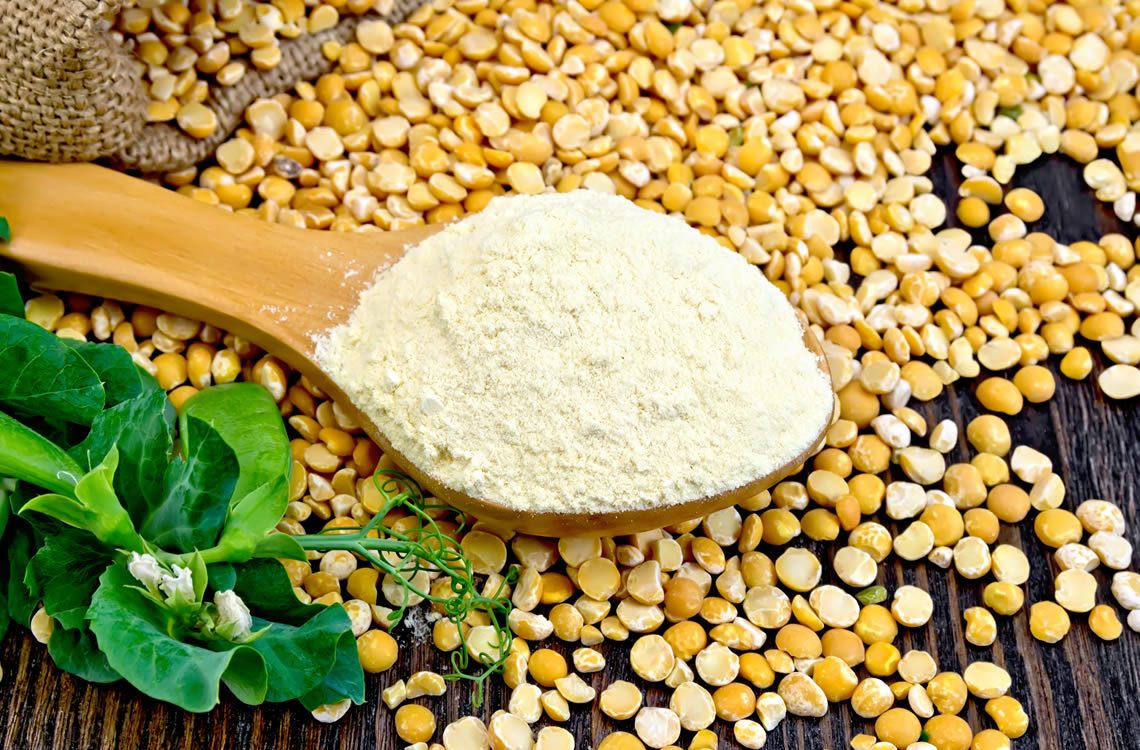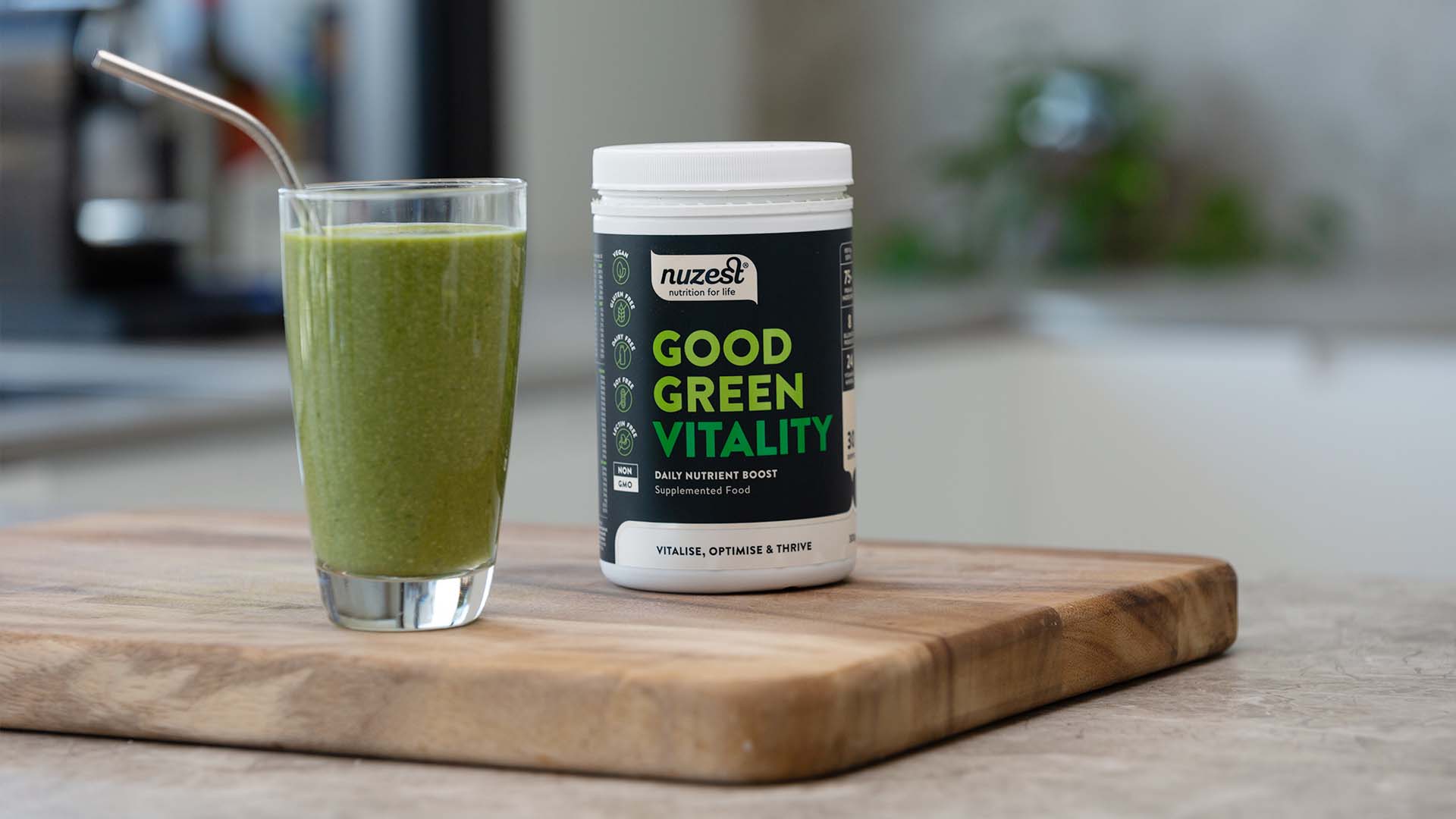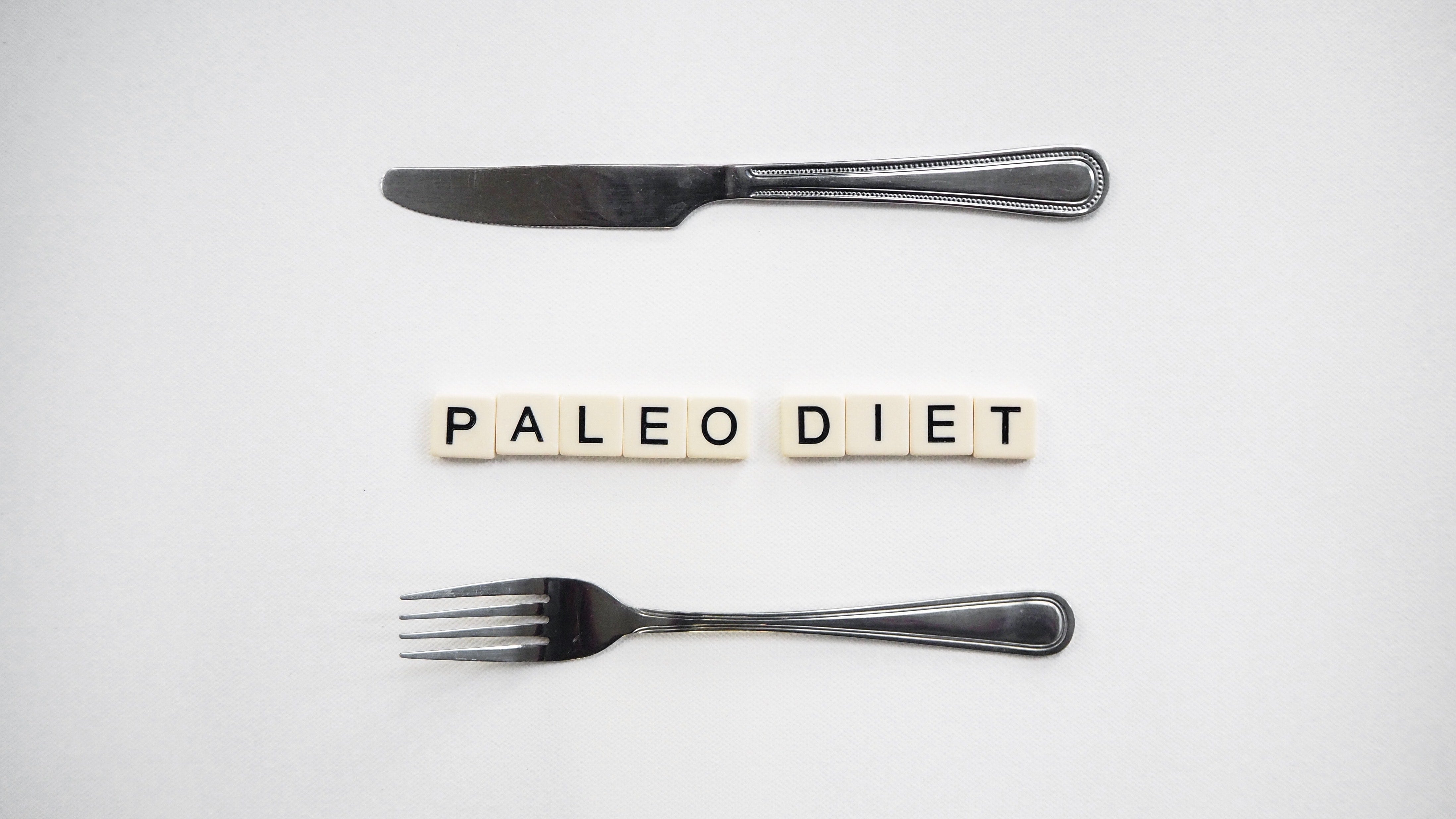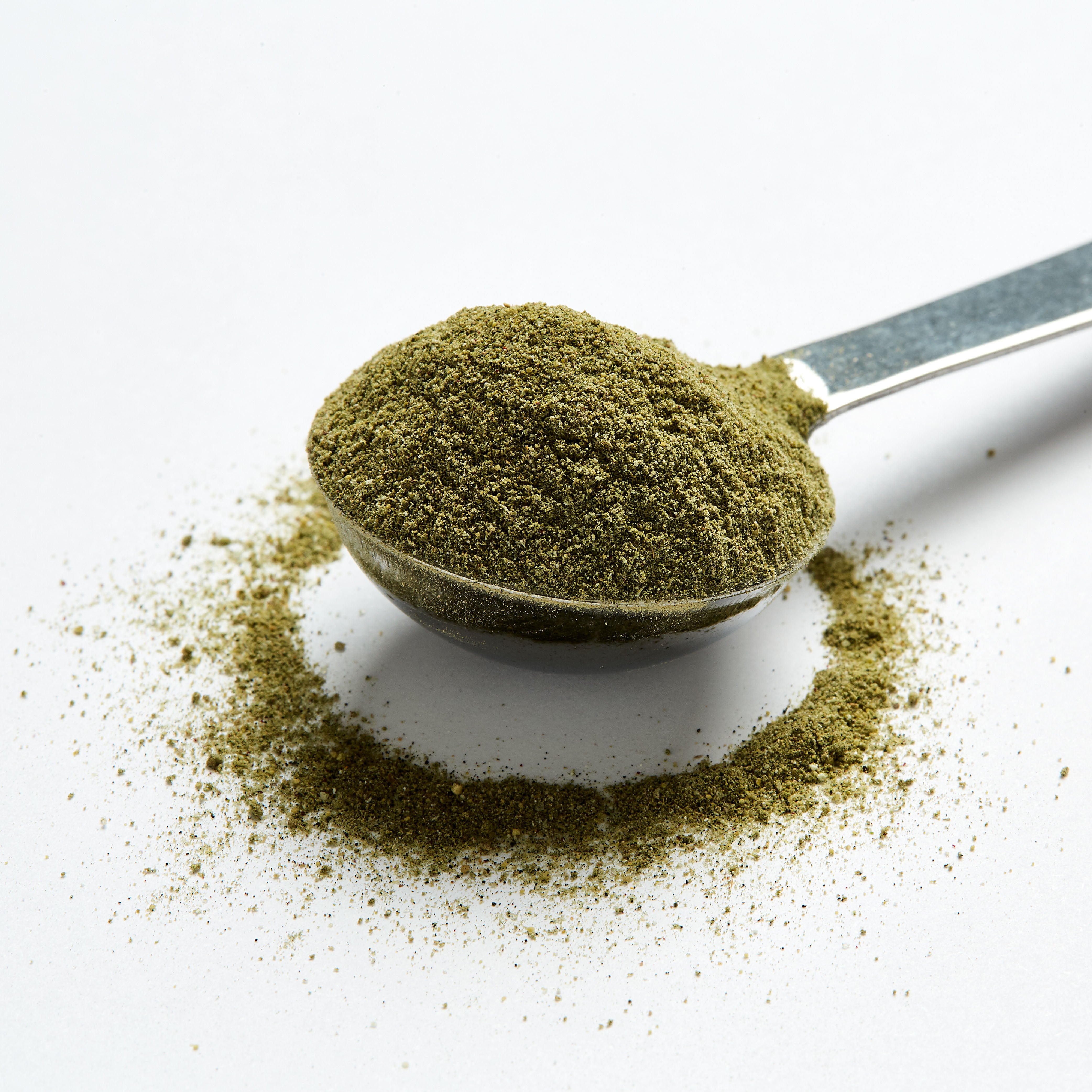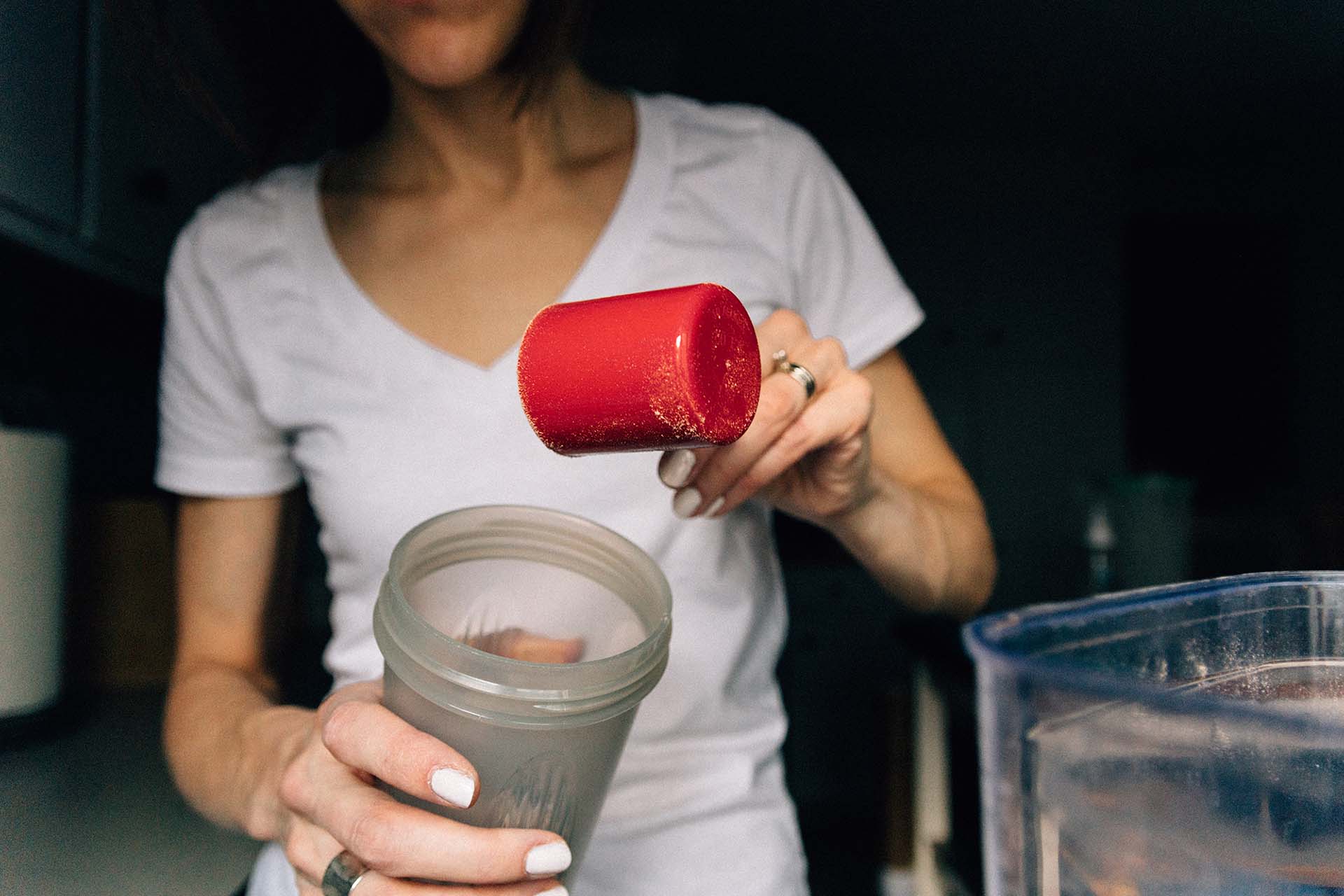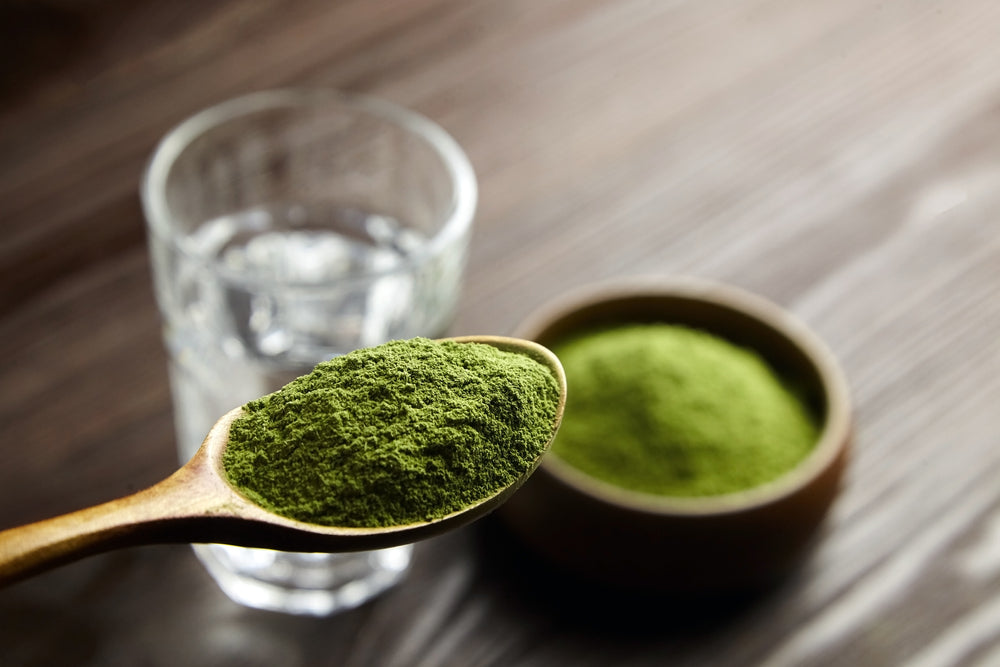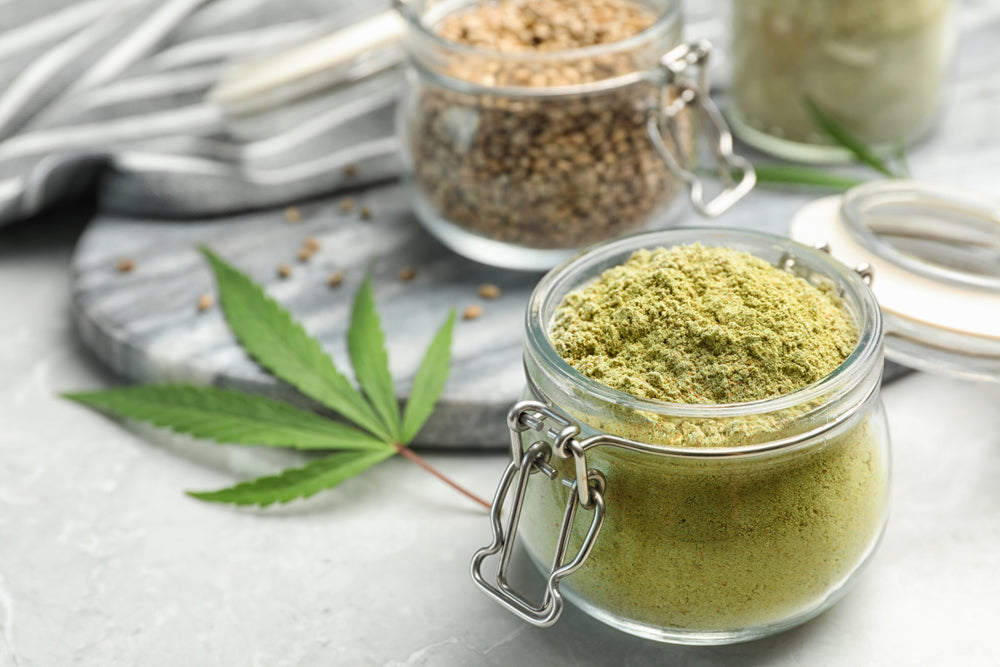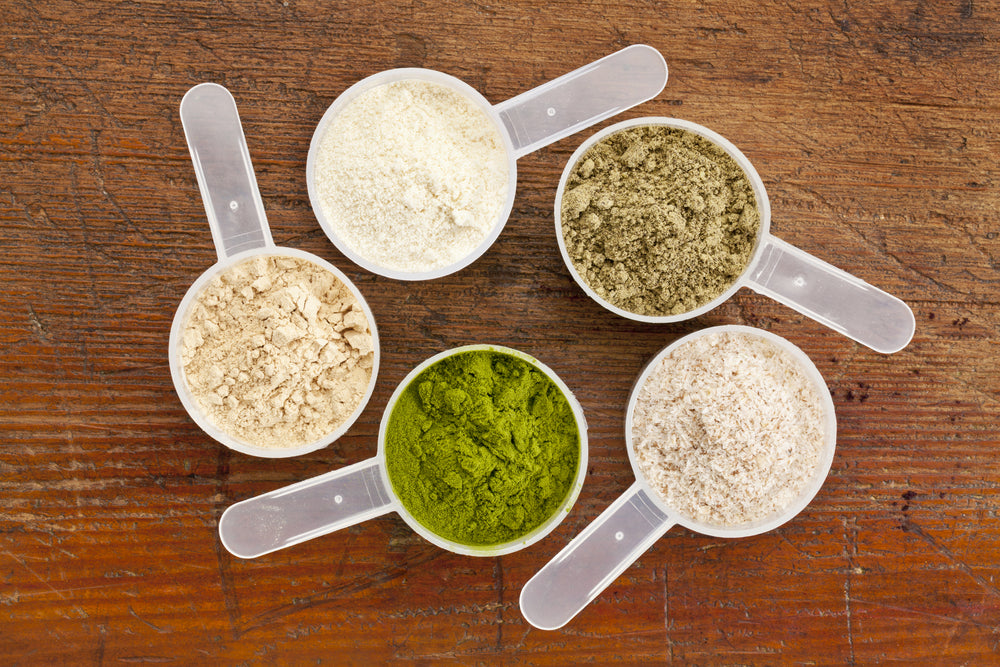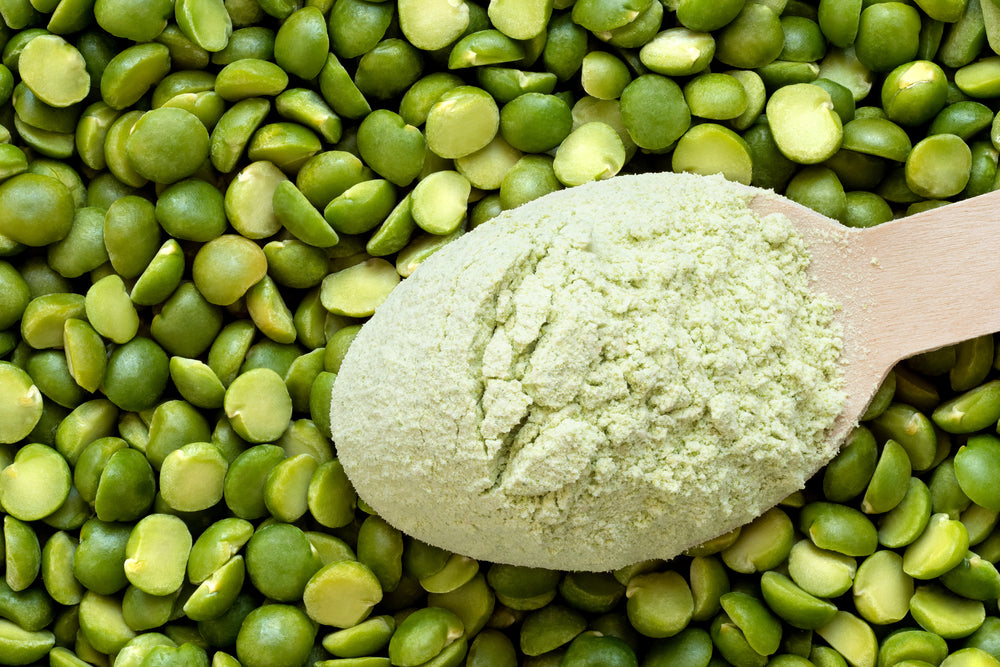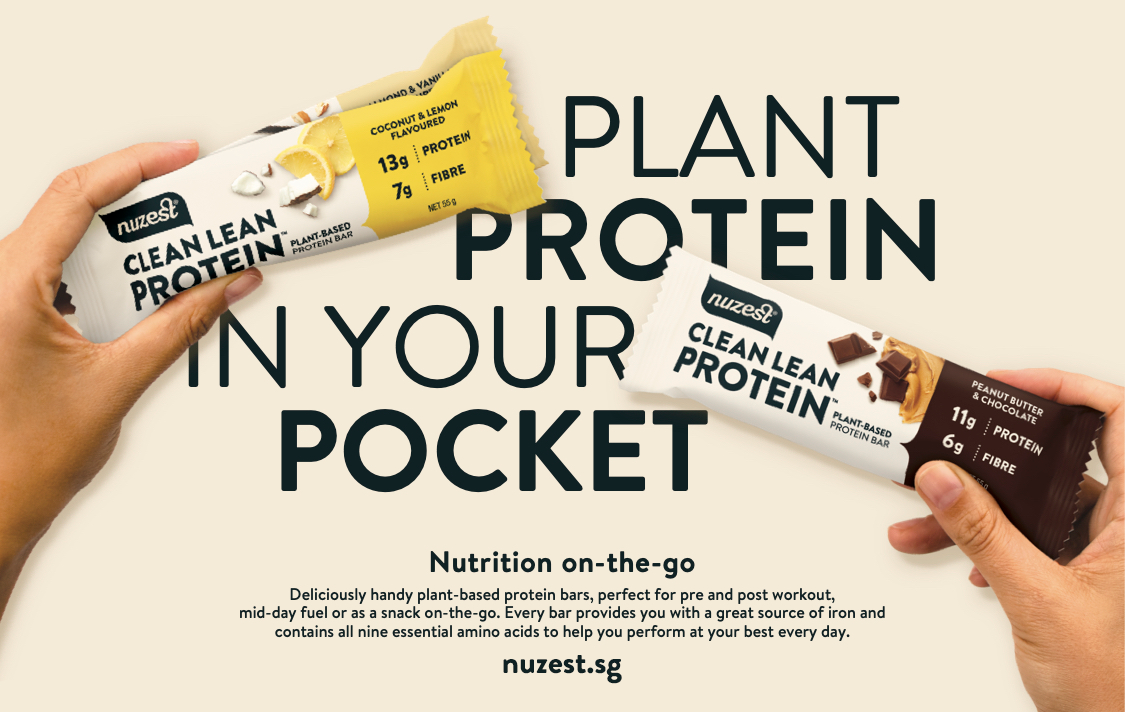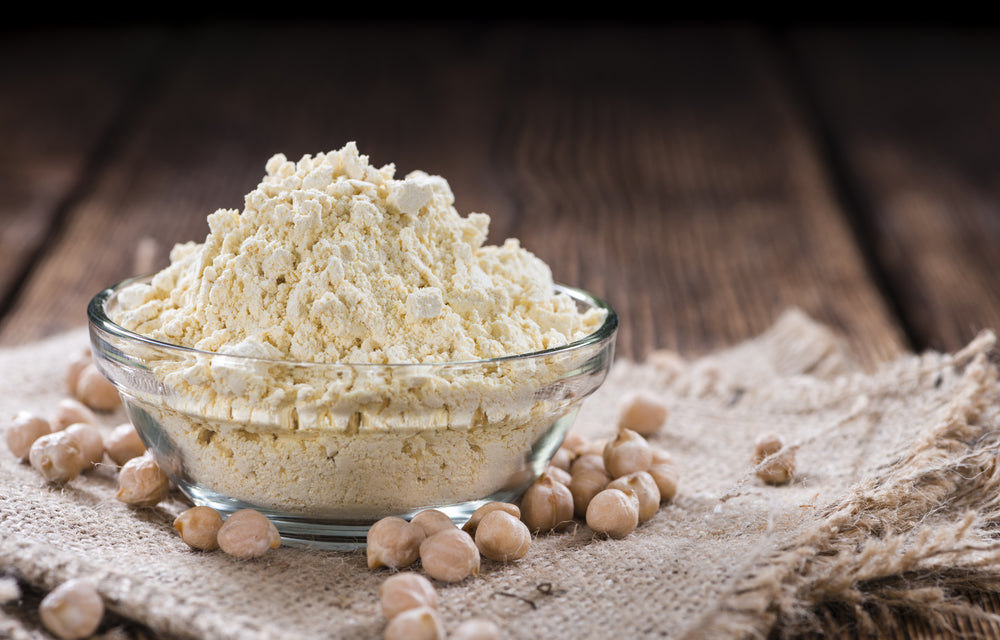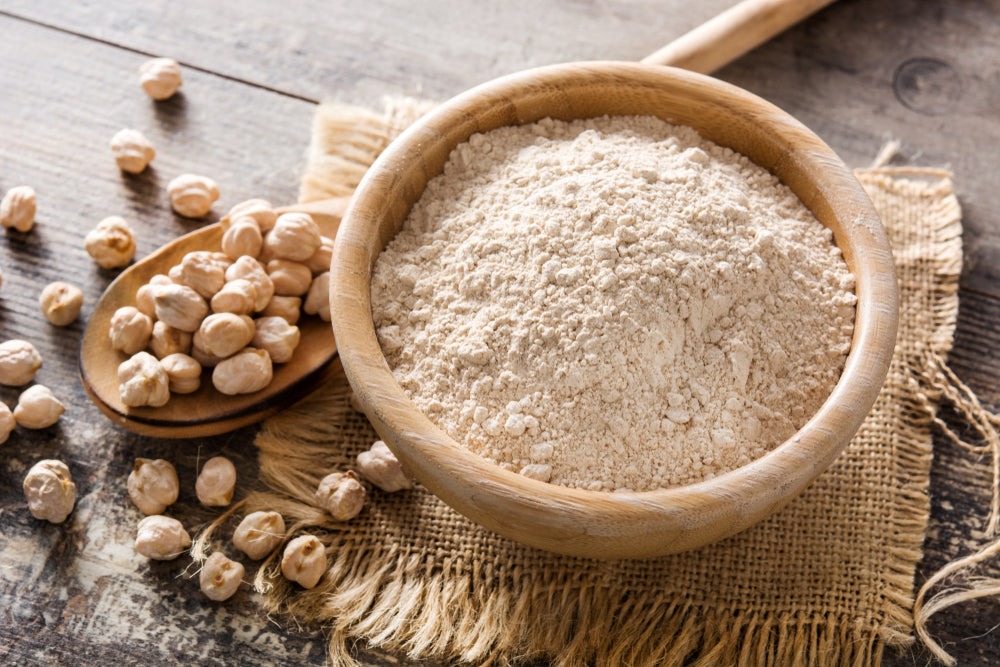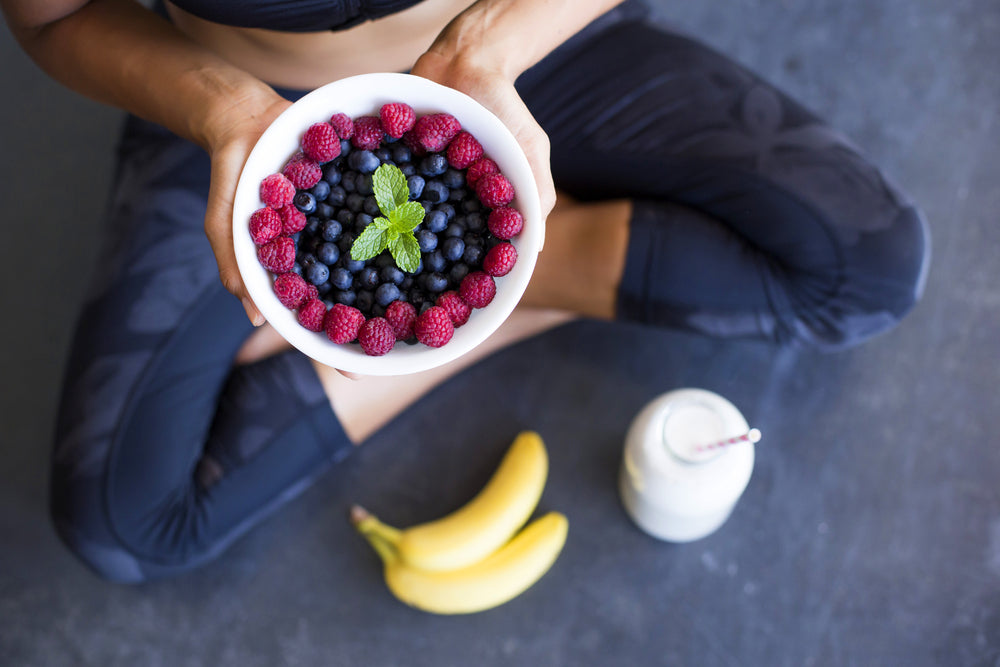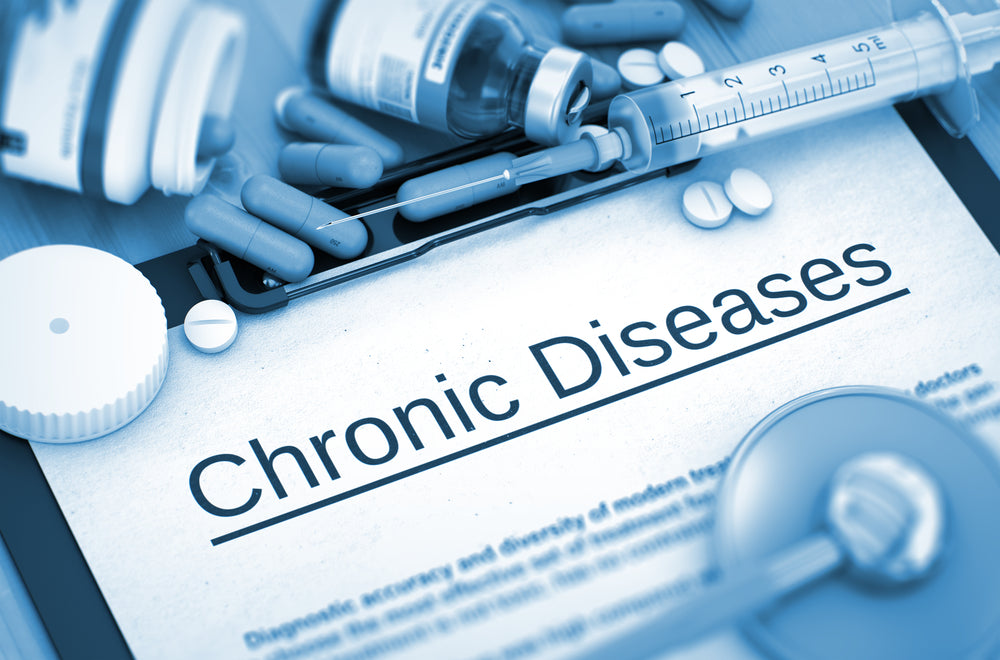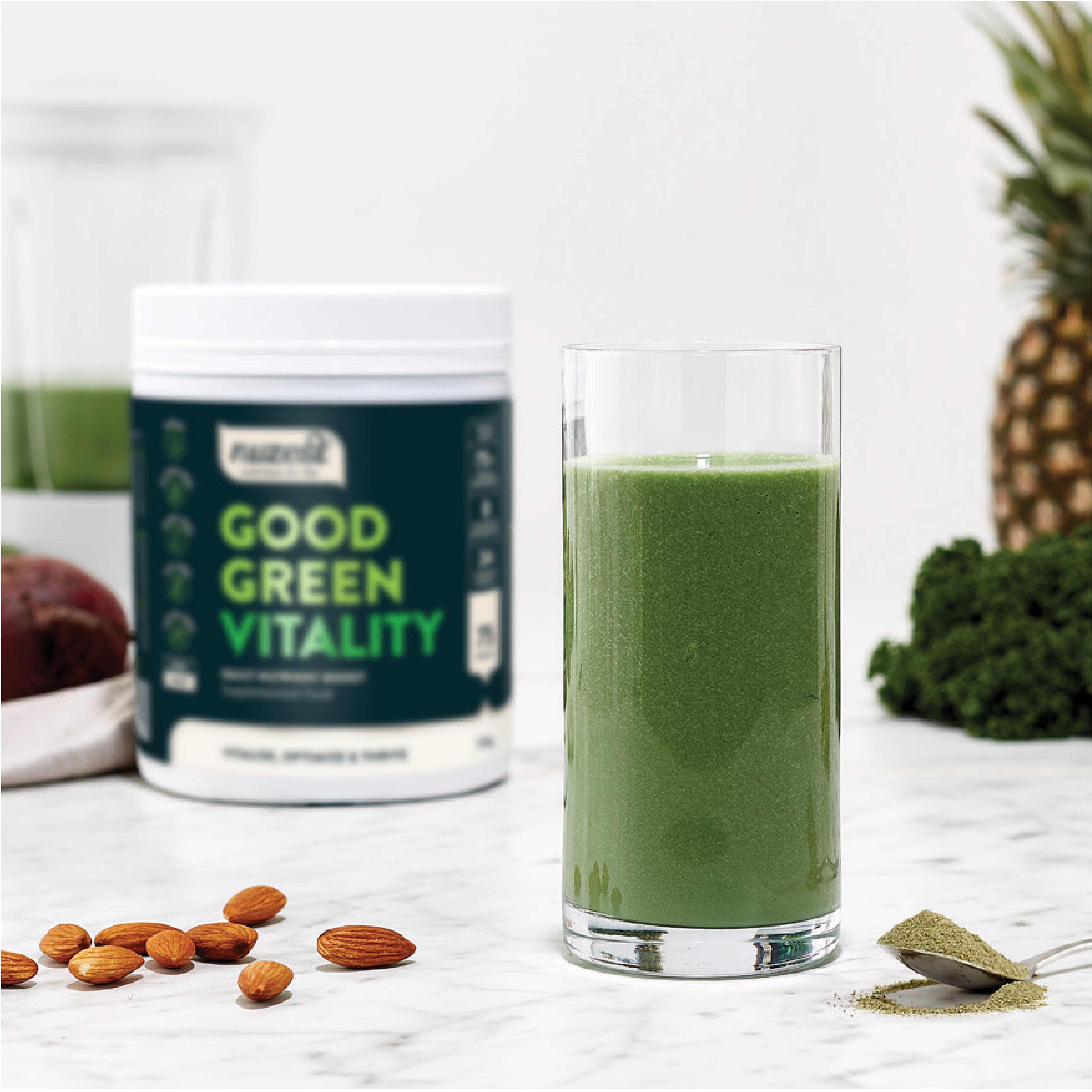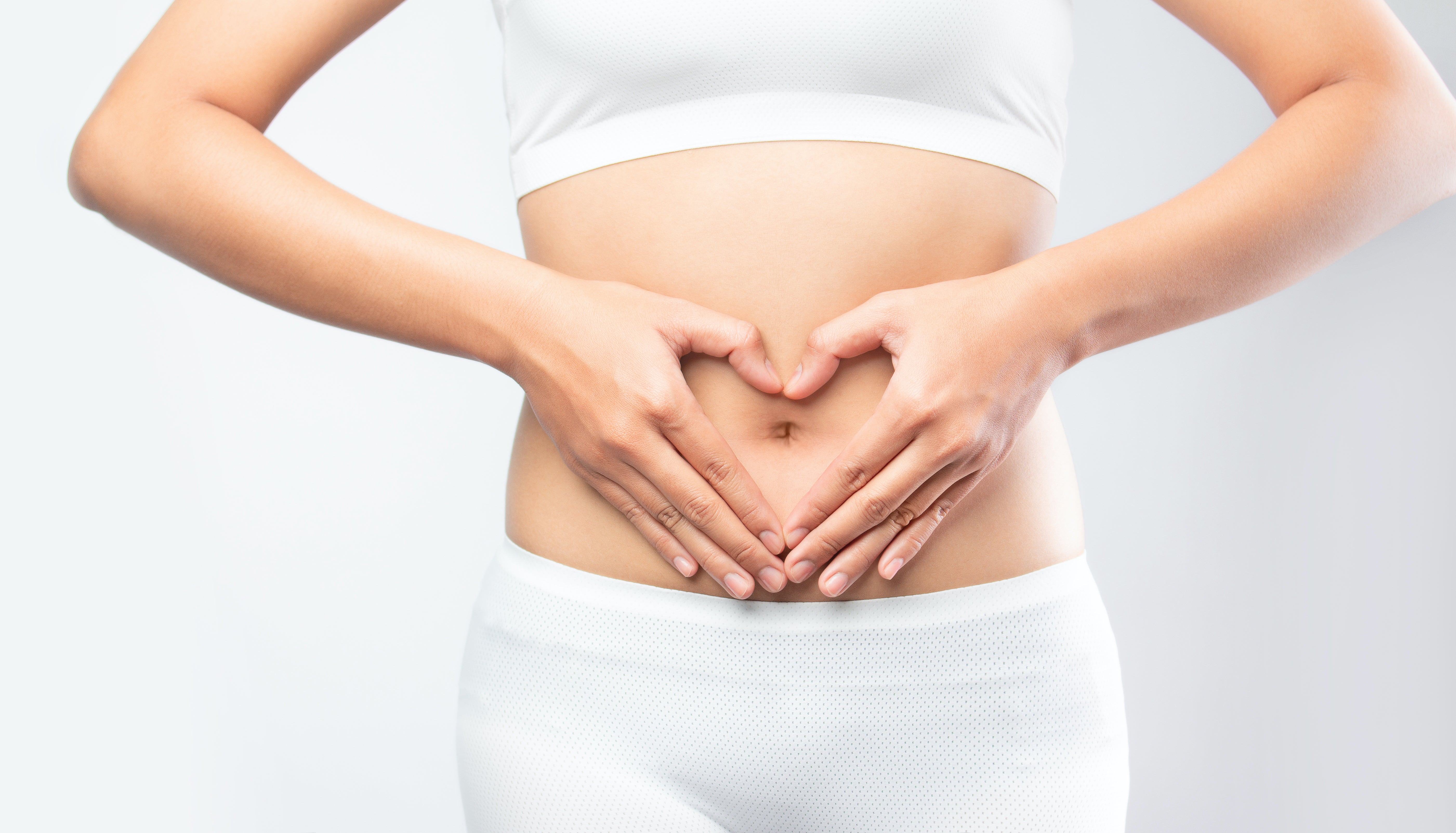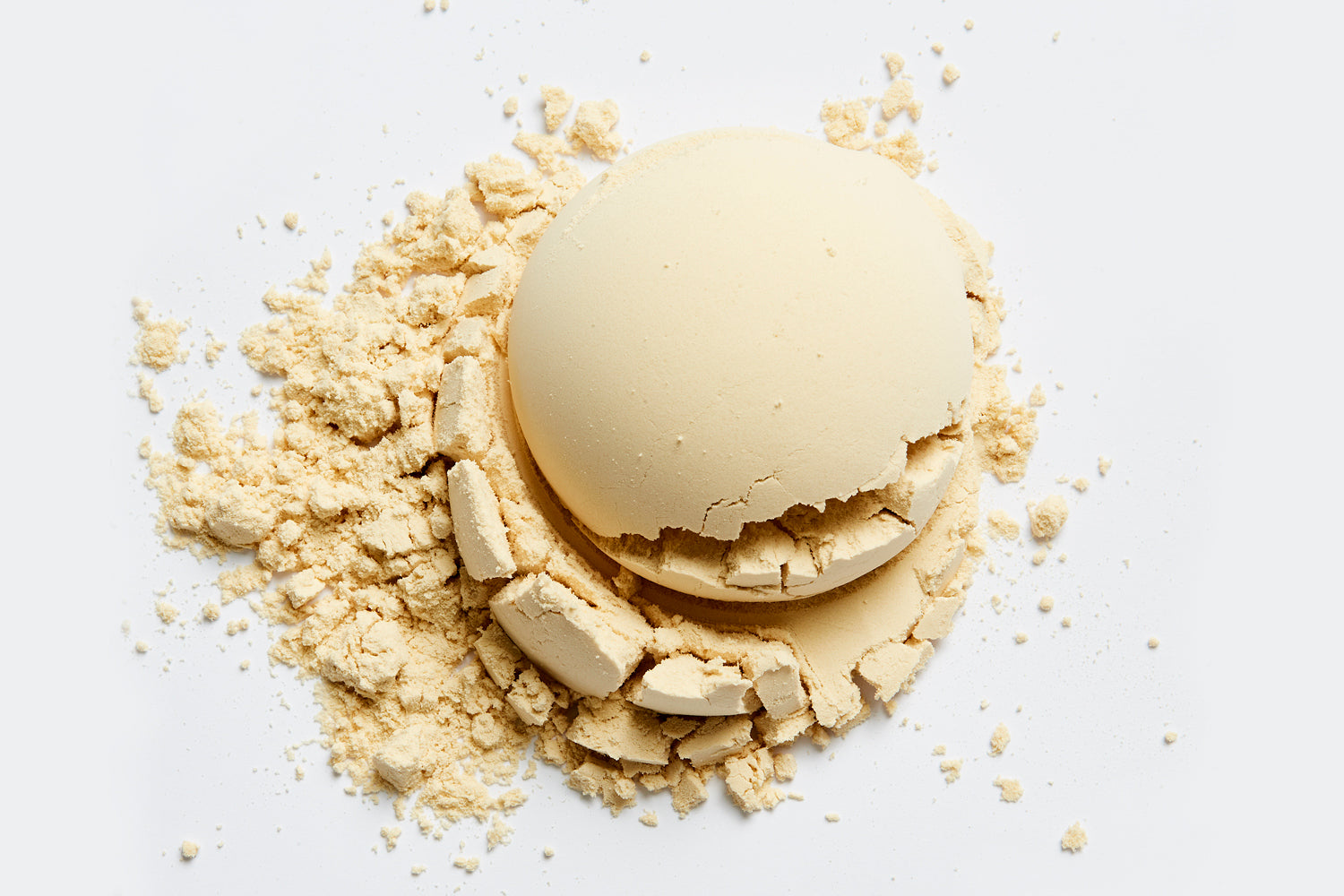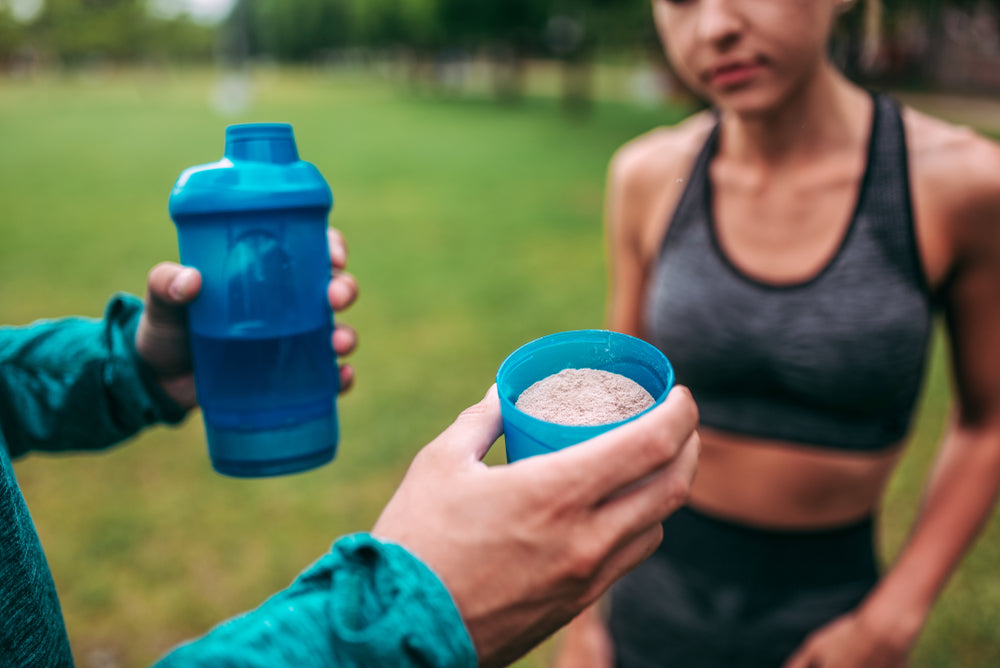There has been a debate about whether or not it is advisable to consume probiotic supplements while your doctor prescribes you take antibiotics to treat bacterial infections. So, what is really the answer? Should you continue taking probiotics while you're on antibiotics or not?
Antibiotics can potentially cause serious side effects to the gut. The general advice is that you should take probiotics two hours after taking antibiotics. Give time for the antibiotics to do their job, then introduce probiotics to flourish your gut's ecosystem.
This article will help you understand how antibiotics can disrupt gut flora function and discover how probiotics can help restore balance.
Our Gut Microbiome
The gut microbiome is an ecosystem of trillions of beneficial and harmless bacteria, including fungi and viruses, or a diverse community of microbes that significantly affect our overall well-being. Let's say our bodies serve as their home to survive while taking care of gut health in return.
A disruption in the balance of the gut microbiome is called dysbiosis. Falling into this state may cause side effects such as diarrhea, skin rashes, constipation, yeast infections, and a compromised immune system.
Effects Of Antibiotics In The Gut Microbiome
Doctors prescribe antibiotics if you have bacterial infections. Antibiotics will either kill the harmful bacteria or prevent them from reproducing to a critical level.
Yes, antibiotics can defeat the spread of pathogenic bacteria in the body. The downside, however, is that they cannot tell between which ones are harmless bacteria and which ones are harmful. Thus, antibiotics will end up killing or reducing the number of good bacteria in the gut. As a result, it can lead to long-term consequences.
Additionally, taking antibiotics often comes with side effects in the gut, especially when taken without food. The end result will lead to hurting your stomach and your gut.
People often complain that they experience nausea, upset stomach, bloating, and vomiting while on antibiotic therapy. Diarrhea caused by antibiotic medication can lead to colitis caused by Clostridium difficile (C. difficile).
It may also lead to weight gain as antibiotics can influence your insulin and thyroid gland function.
To treat the side effects, probiotic-containing foods can help manage the fallout and restore the balance of the microbial communities. In other words, more beneficial bacteria are reintroduced to restore balance in the gut.
Probiotics and the Gut
Probiotics are your live beneficial bacteria that are often referred to as 'good' or 'helpful' bacteria. They are mainly found in fermented foods and in dietary supplements.
Some people prefer to take probiotics every day not because they want to have a healthy digestive system but to strengthen their immune system and promote nutrient absorption.
Taking Probiotics With Antibiotics
You might be asking yourself how probiotics can help while taking antibiotics?
Let's face it. It is essential to take antibiotics to treat bacterial infections. However, they are not friendly to our gut most of the time. Thus, this is where probiotics come into the picture. They are there to mainly help preserve and restore the health of your microbiome during and after a course of antibiotics.
Thus, some doctors may recommend their patients some probiotic supplements in order to alleviate these side effects.
A study revealed that taking probiotics during and after the course of antibiotics can help minimize the risk of side effects, such as diarrhea. Additionally, it helps restore healthy gut microbes that were lost through antibiotic treatment.
Furthermore, a probiotic supplement containing Lactobacillus and Saccharomyces strains can further mitigate the side effects caused by antibiotics.
How To Take Probiotics With Antibiotics?
You can consume your probiotic supplement two hours after taking the antibiotics. Depending on your doctor's order, antibiotic treatment may take 7 to 14 days.
It is OK to take probiotics and antibiotics on the same day. However, you should not take probiotics precisely at the same time you take your antibiotic medication. After the course of your antibiotic therapy, you can continue taking probiotics for an extended period.
More importantly, read your prescription! Consume your antibiotics with food when indicated. And avoid any foods specified that may disrupt the antibiotic activity in your body.
Taking Antibiotics With Food
Ask your doctor if it is OK to take foods together with antibiotics.
Note that food and drinks can disturb the effectiveness of antibiotics. Worst, it might even cause side effects if you take food and antibiotics simultaneously!
What could possibly happen? Eating foods and taking certain medications simultaneously may prevent the absorption of the medicine. As a result, it makes your pill less effective.
Where Can You Get Probiotics?
Natural Food Sources
They contain microbes that maintain your gut environment and help regulate your microbiome, keeping opportunistic pathogens at bay and beneficial ones thriving.
Boost your gut-friendly bacteria with probiotic foods to normalize your microbiome and reduce opportunistic pathogens' growth. You can get billions of beneficial bacteria from foods such:
- Sauerkraut (up to 3 billion CFU per cup)
- Yogurt (2.5 billion CFU per cup)
- Lacto-fermented pickles (1.3 billion CFU per pickle)
- Kefir (2.5 billion CFU per cup)
- Kimchi (up to 11.5 billion CFU per cup)
- Tempeh (10 billion CFU of probiotics per gram)
- Miso (no less than 100 billion CFU of probiotics per gram)
- Yogurt (at least 100 million cultures per gram - check manufacturer's label)

Other probiotic foods include buttermilk, cheese, fermented fish, fermented rice, and fermented soy.
Probiotic Supplements
Make sure to choose a high-quality probiotic supplement from reputable manufacturers. Note that the best probiotic supplements come in:
- Multiple strains. It may contain either Lactobacillus rhamnosus, Bifidobacterium sp., or Saccharomyces boulardii.
- Billions in one dose. Find a quantity that can provide 5 to 40 billion colony units/day.
- Free from binders and fillers.
Feed Your Probiotics with Prebiotics!
It is worth remembering that bacteria need some nourishment too! Thus, you must feed them foods rich in prebiotic fiber. One of the primary roles of prebiotics is to increase the survival rate of probiotics until it reaches your gut.
Examples of prebiotic foods are green vegetables, apples, bananas, berries, artichoke, asparagus, dandelion greens, leeks, legumes, barley, cocoa, oats, wheat, chicory, garlic, konjac, onions, yacon, burdock root, jicama and more!
Get Your Dose of Probiotics From Good Green Vitality
Restore gut microbiome imbalance with the help of our Good Green Vitality!
Nuzest's Good Green Vitality contains 8 billion CFU probiotic cultures of L. acidophilus and B. bifidum. Our refreshed, rejuvenated, and expertly formulated supplement promotes energy, vitality and balance, immune support, easy digestion, healthy aging, and memory and stress control.
Plus, Good Green Vitality is vegan, gluten-free, dairy-free, soy-free, lectin-free, and non-GMO. Everyone from 4 years and up can take this supplement as nutrition support.
Good Green Vitality
75 ingredients working together to support everything from digestion, immunity, and healthy ageing, to stress, energy, and cognition in one daily serve.

Disclaimer:
The information provided on Nuzest is for educational and informational purposes only. The information provided on this site is not, nor is it intended to be, a substitute for professional advice or care. Please speak to your qualified healthcare professional in the event that something you have read here raises questions or concerns regarding your health.

